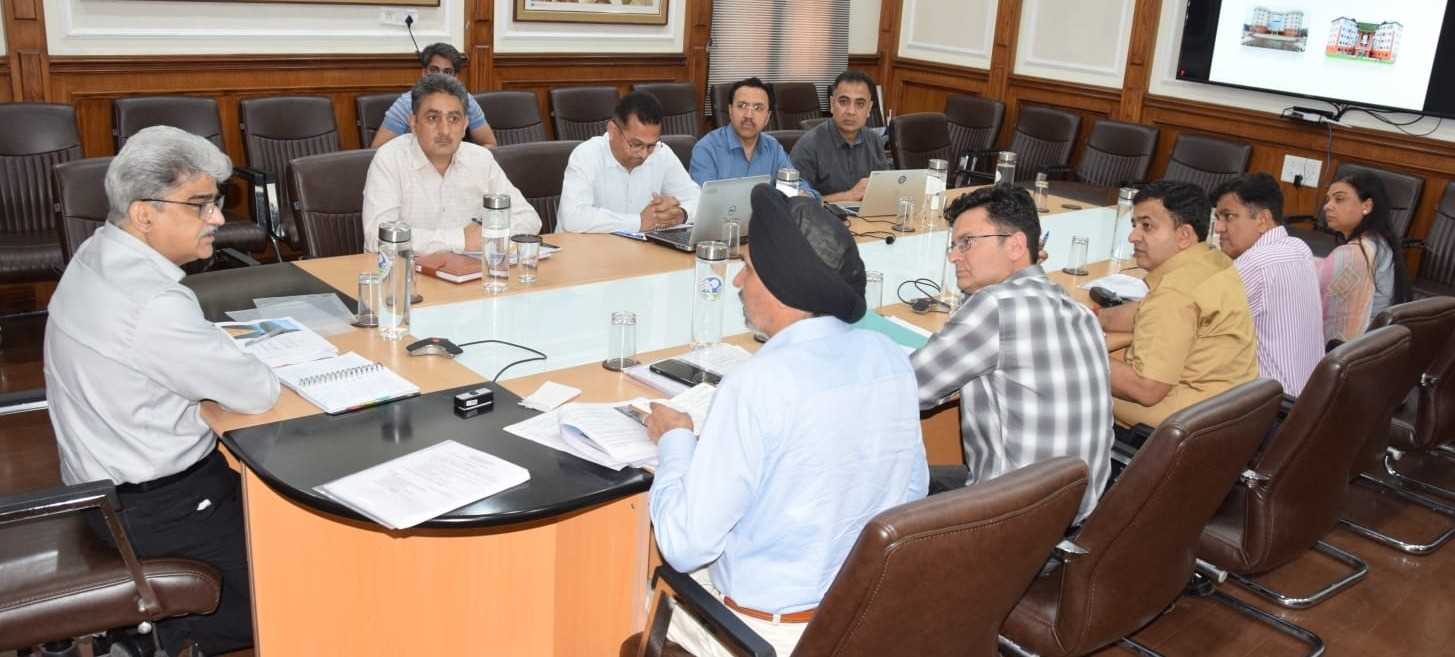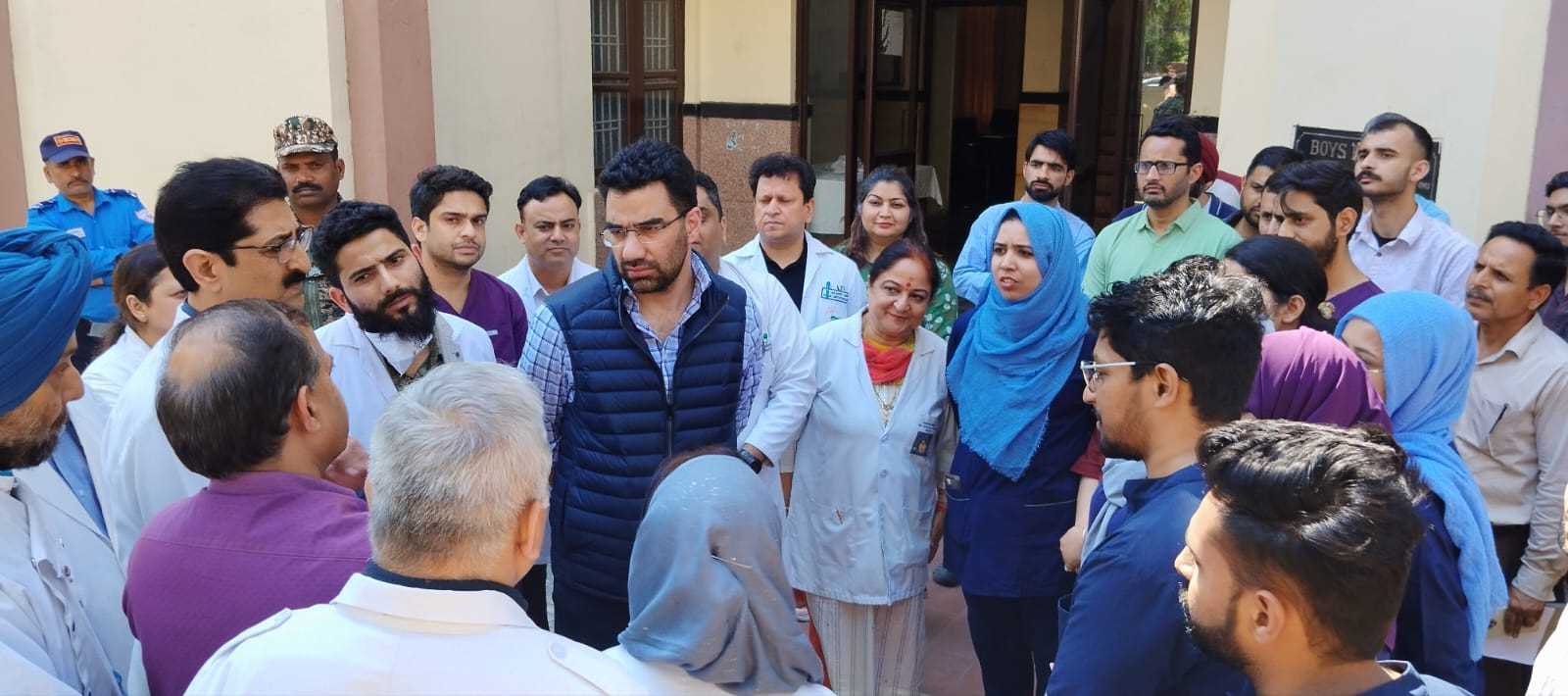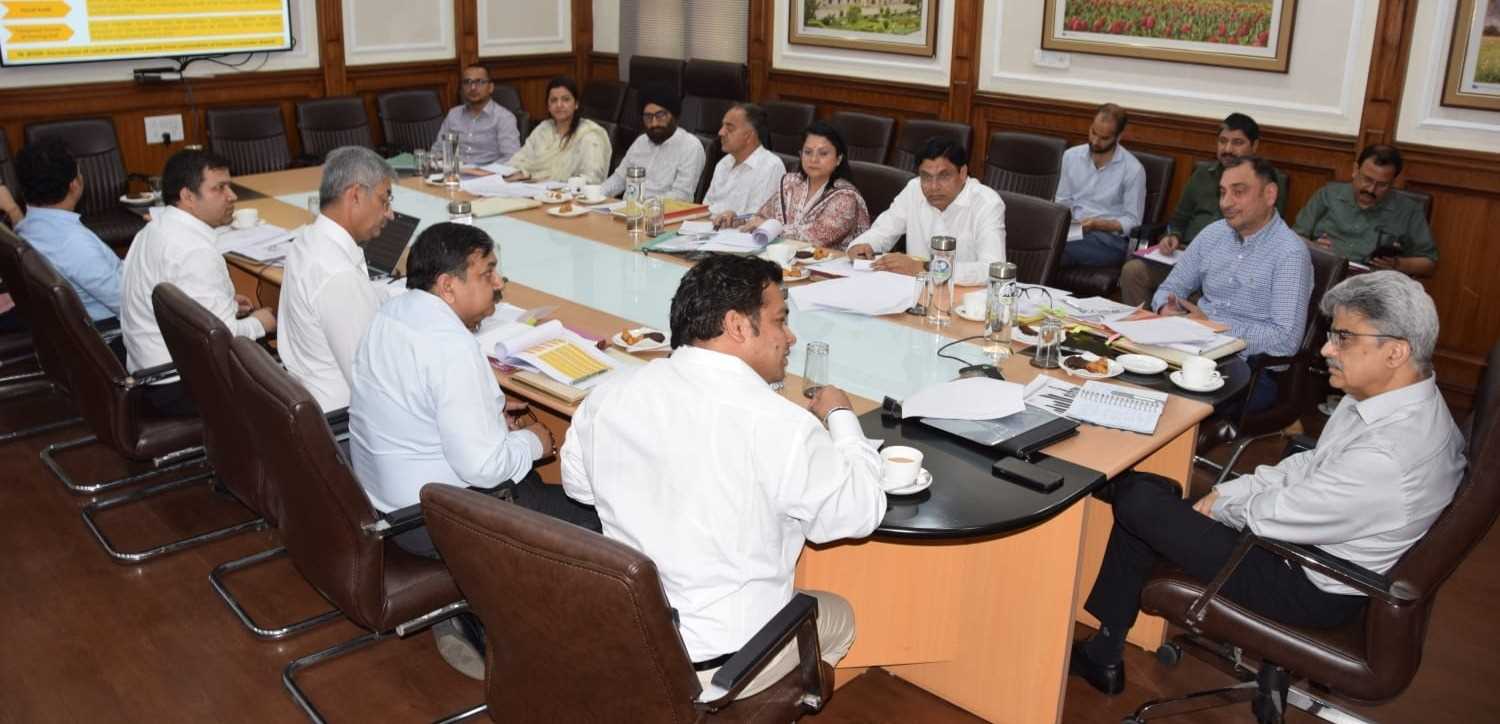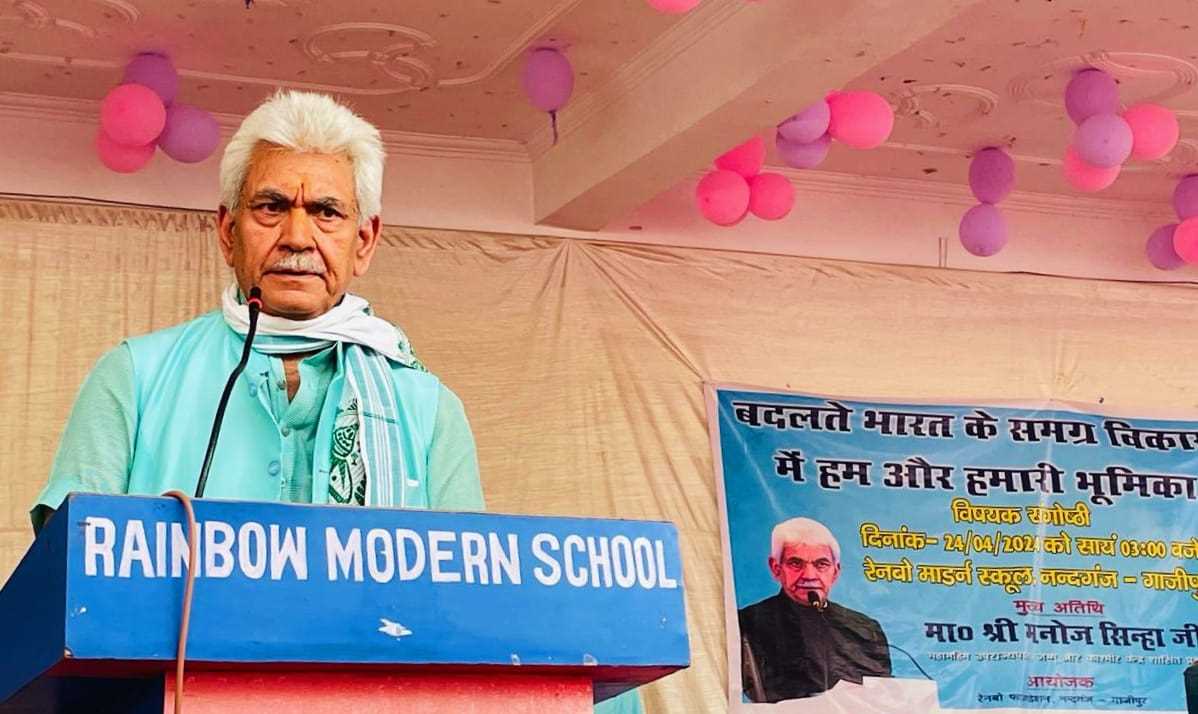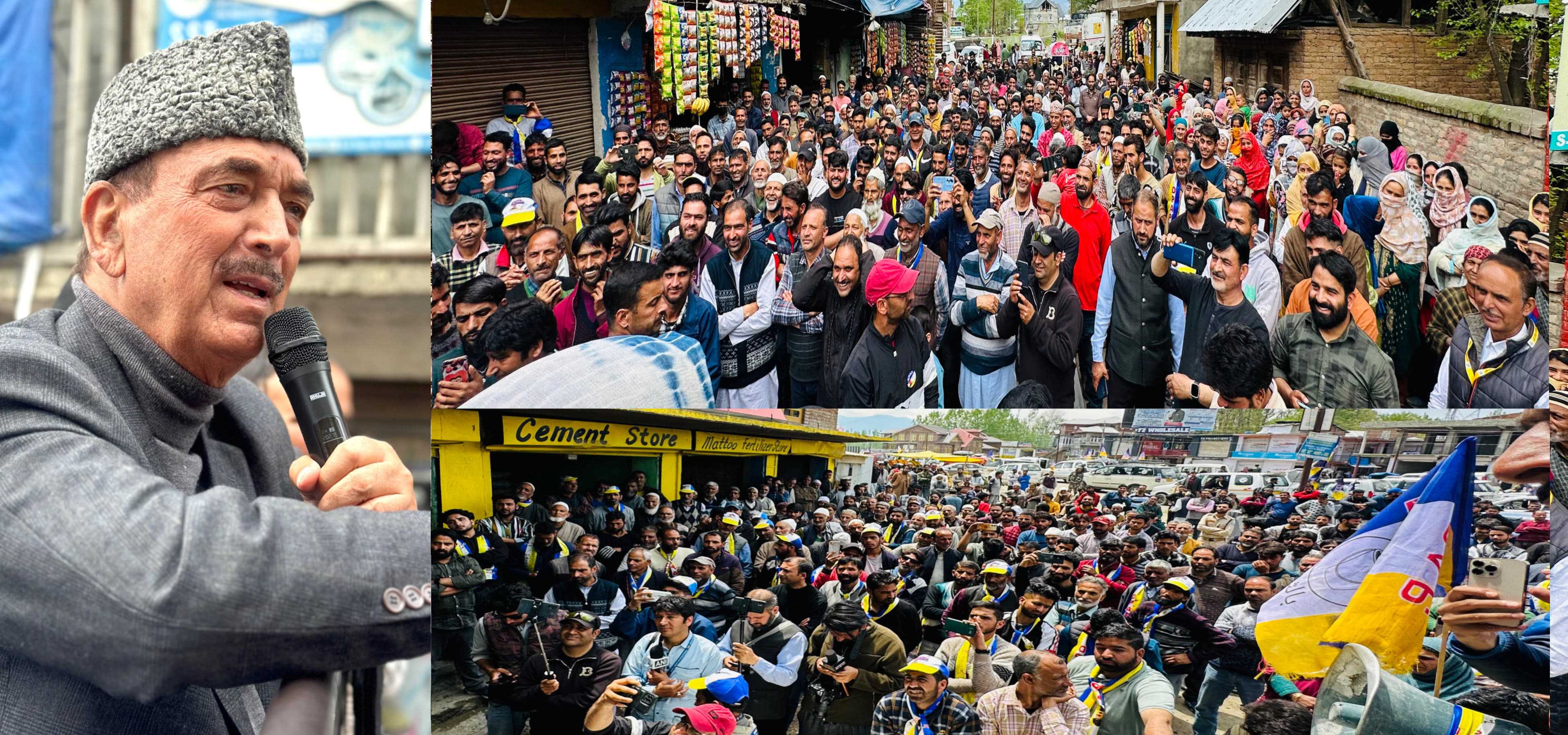Considered one of the world leaders in global business intelligence, Economist Intelligence Unit (EIU) is the research and analysis division of the Economist Group and a sister company of the reputed Economist newspaper. So, when its forecast report on Pakistan for 2020-2024predicted that “relations between the civilian government and the military will be positive, ”this assessment should have served as a ‘shut up call’ forall those (including me) who have been passing snide remarks on Rawalpindi’s domineering attitude over Islamabad, but that’s not the case. Au contraire, the EIU report has yet once again vindicated those who maintain that Pakistan is not a country with an army but vice versa since it has clarified that the government-military relationship will remain “positive” since it has handed over its constitutional responsibility concerning the country’s security and foreign policy to the army.
The Pakistan army has diligently been feeding the people of Pakistan with the opiate of the army and government being on the “same page” on a regular basis. However, by stating that “Our view assumes that the military (including its intelligence wing)-which has a lengthy history of intervening in politics-will continue to provide tacit support to the government, partly by using its extra-constitutional influence over the country’s judicial institutions,” the EIU has ended up touching Rawalpindi’s raw nerve. But Rawalpindi’s woes don’t end here; by noting that the military will “continue to exert sway over Mr (Imran) Khan’s administration, especially when it comes to its foreign and security policies,” this frank assessment has left nothing to imagination!
This isn’t the first time that the issue of Pakistan army’s complete control over the country’s security and foreign policy has been articulated so unambiguously. Yet, reiteration of this already known fact is still most welcome as would make those demanding that New Delhi should talk with Islamabad to sit back and ponder as to whom should the Government of India talk with- Imran Khan or Gen Qamar Javed Bajwa? Concurrently, EIU’s mention of the skewed equation that has always existed between the military and government in Pakistan is a timely reminder of the fact that despite Islamabad’s sweet-talk about its full commitment to seek a peaceful resolution of the Kashmir issue, it’s Rawalpindi’s wish that will ultimately prevail.
Some may say that Gen Bajwa is a ‘man of peace’ because in April last year, while addressing the passing out parade ceremony of Pakistan Military Academy cadets in Kakul, he had offered talks with India by saying that “It is our sincere belief that the route to peaceful resolution of Pak-India disputes-including the core issue of Kashmir-runs through comprehensive and meaningful dialogue.” But if this is true, then after New Delhi abrogated Article 370, why did this ‘dove’ suddenly turn into a menacing ‘hawk’ by declaring on more than one occasion that the Pakistan army is prepared to “go to any extent” for the sake of Kashmir? By changing his tune from resolving the Kashmir issue “through comprehensive and meaningful dialogue” to “going to any extent,” hasn’t Gen Bajwa (who’s the ultimate authority on foreign policy), unilaterally foreclosed all options for Indo-Pak dialogue?
The EIU report may not contain any spectacular findings but it’s worth a read as its forecast is based on the harsh ground realities that we in our sheer optimism often tend to ignore, like:
Domestic political considerations will force India and Pakistan to maintain a tough stance on the Kashmir issue and adopt an aggressive posture against the other, minimising the chances of dialogue.
While India has acted to preserve the status quo on the Kashmir issue, Pakistan has sought to change it by waging war. In 1965, it launched covert military action inside Kashmir which led to an all-out war; during the 1990s, it instigated an armed insurgency in J&K and by intruding across the Line of Control in the Kargil area, precipitated a limited war in 1999.
Pakistan has limited options to advance its foreign policy agenda on the issue of Kashmir as it has found support for its case from only China, Turkey and Malaysia. On the other hand, India's stronger political and economic position has given it the upper hand in international diplomacy on the issue. Due to this, any multilateral intervention on issue of Kashmir is extremely unlikely over the forecast period.
However, the EIU report has one glaring inaccuracy. Its assessment that “the Pakistani military, which heavily influences that country's foreign policy, will probably find it difficult to promote militancy in Kashmir once again as a means of countering a militarily superior India” isn’t logical. Because after seeing the way Pakistan army, despite appeals and even threats from Washington, has still decided to brazen it out by openly patronising Afghan Taliban and the Haqqani terror network, it’s very unlikely that close Indo-US ties on counter-terrorism emanating from Pakistan will dissuade Rawalpindi from continuing its proxy war in Kashmir. Infact, with Gen Bajwa’s promise of “going to any extent” coinciding with the upsurge in terrorist violence in Kashmir it’s clear that the murderous attacks on apple traders and shopkeepers as well as grenade blasts in crowded places has been intentionally so orchestrated as to dispel the misnomer that ‘barking dogs seldom bite’!
Those bitten (or smitten) by the ‘Aman ki Asha’ (hope for peace) bug would be well advised to wake up and smell the coffee!



